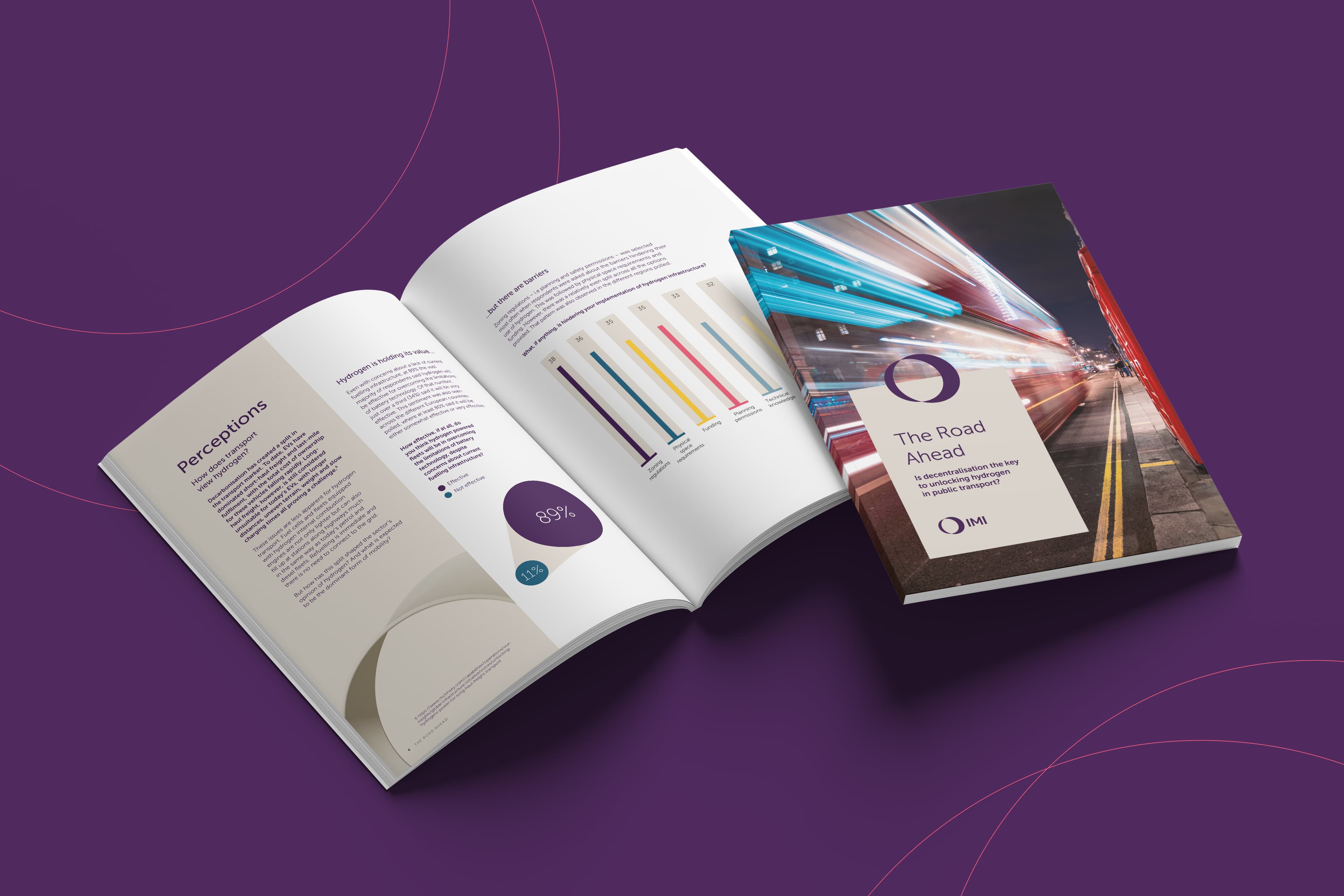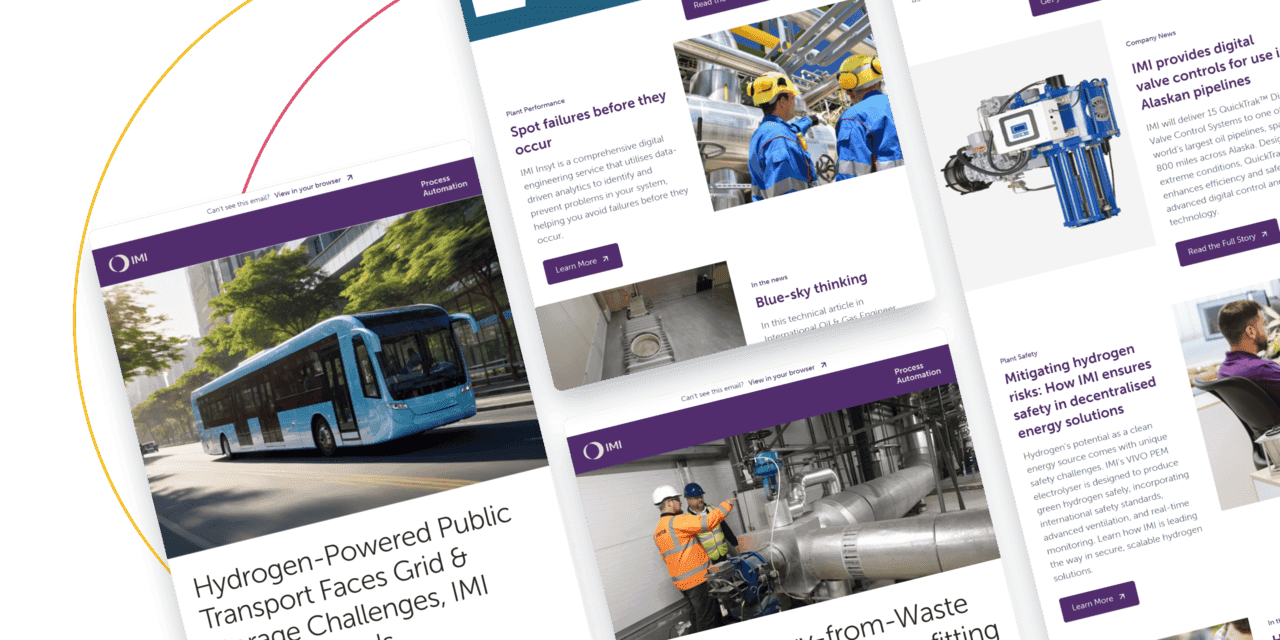
WHITE PAPER
The Road Ahead: How decentralisation can unlock hydrogen in public transport

Written By Andrea Pusceddu
March 14, 2025
As public transport operators across Europe work to decarbonise their fleets, hydrogen is emerging as a compelling alternative to diesel and battery-electric vehicles. However, large-scale adoption faces key challenges, including grid capacity constraints, infrastructure gaps, and storage limitations.
In our latest report, 'The Road Ahead' we explore how decentralisation can help overcome these barriers. By surveying 300 senior public transport decision-makers across the UK, Germany, and Italy, we provide valuable insights into the opportunities and challenges of integrating hydrogen into transport networks.
The case for hydrogen
Hydrogen offers distinct advantages over battery-electric technology, particularly for long-haul and heavy-duty transport. It enables longer ranges, faster refuelling, and reduces the strain on electricity grids.
Our research found that:
89% of respondents believe hydrogen-powered fleets can address battery-electric limitations
21% have already invested in hydrogen vehicles, with 61%planning to do so within two years.
Nearly 75% anticipate expanding their hydrogen fleets over the next decade.
Despite this optimism, significant challenges must be addressed to enable widespread adoption.
Overcoming grid and storage challenges
One of the biggest obstacles in transitioning to hydrogen is grid capacity. A striking 93% of public transport leaders expressed concerns about their grid’s ability to support both electric and hydrogen-powered fleets. Our report highlights that Europe’s electricity networks are already under pressure, making decentralised solutions essential for scaling hydrogen adoption.
Storage is another critical issue:
76 of UK respondents cited hydrogen storage as a major barrier, followed by 73% in Italy and 66% in Germany.
Only 25% of respondents currently have access to permanent fuelling infrastructure, highlighting a clear gap in readiness.

Decentralisation: A key enabler
Our findings underscore the potential of decentralised electrolysis as a game-changer for hydrogen adoption. Instead of relying on large-scale hydrogen production and distribution networks—still in early development—transport operators can generate hydrogen locally using electrolysers such as our PEM electrolyser.
This approach offers several benefits:
Eliminates long-distance transportation costs and delays.
Enables transport operators to trial hydrogen fleets without major infrastructure investments.
Reduces reliance on grid connections and centralised production hubs.
The path forward
While hydrogen adoption in public transport remains in its early stages, The Road Ahead highlights how decentralisation could be the key to unlocking its full potential. As governments and transport operators accelerate their net-zero strategies, on-site hydrogen generation offers the flexibility and efficiency needed to support a cleaner, more sustainable future.
Download your report here
Keep in touch
Stay up to date on all the latest news and articles from IMI.

Keep in touch
Stay up to date on all the latest news and articles from IMI.


Keep in touch
Stay up to date on all the latest news and articles from IMI.
Engineering the future together
Looking for the perfect flow control solution? Our experts specialise in providing tailored solutions to meet your unique needs. Let us help you achieve optimal performance, efficiency and safety.